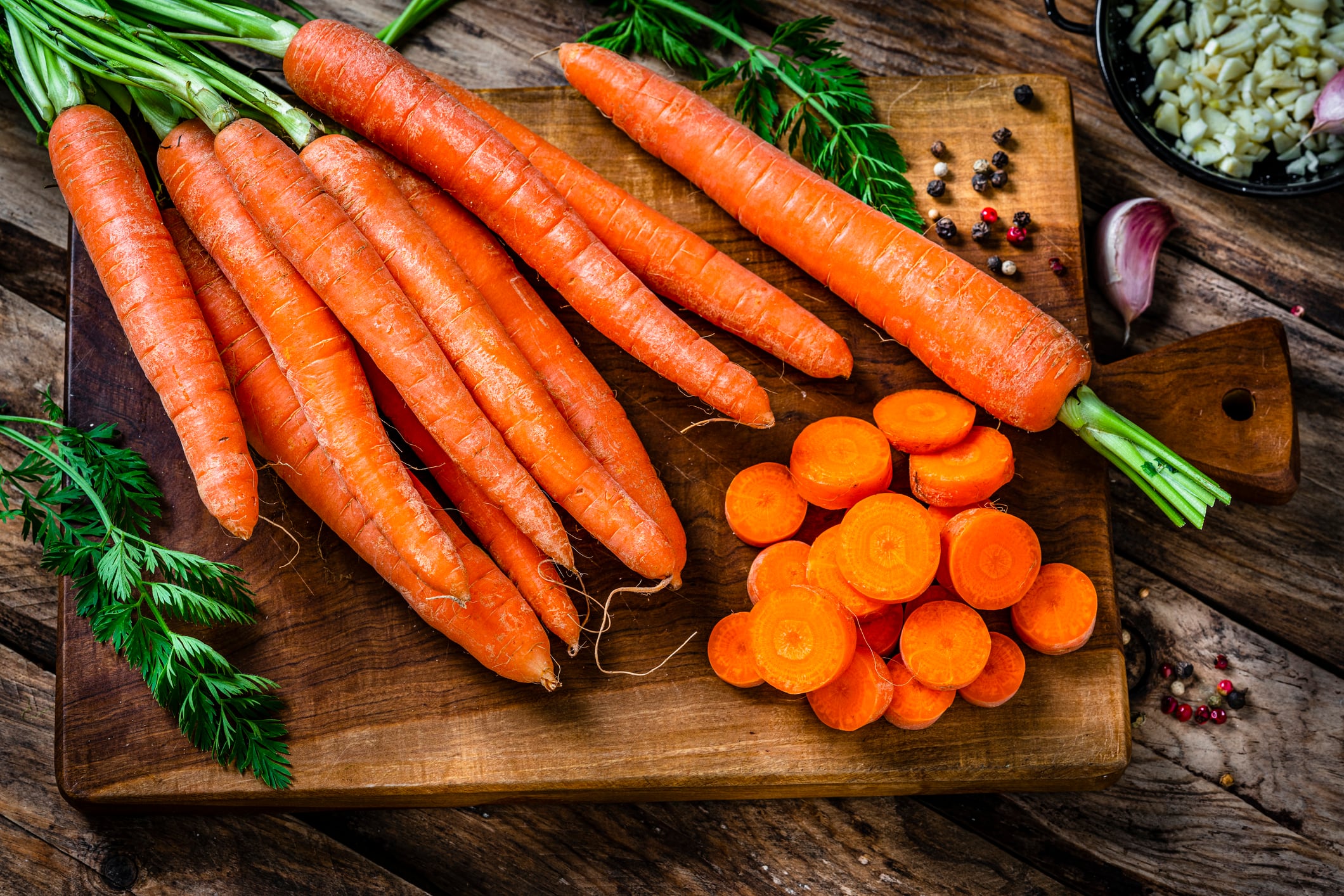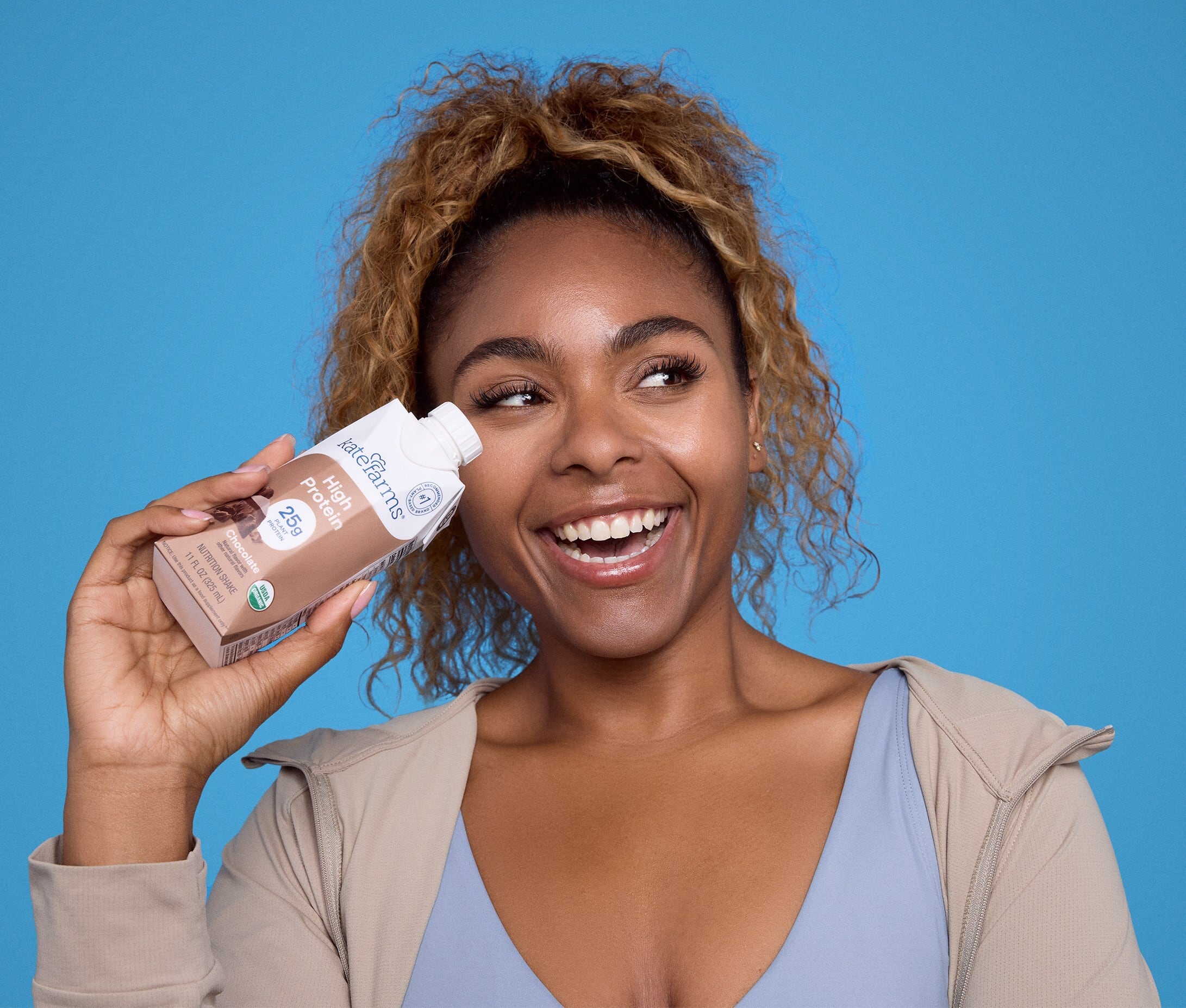Between weight loss drugs and consumers’ general awareness and interest in balancing macronutrients, protein and fiber are the dynamic duo shaping food and beverage.
Yet, most Americans consume more protein than needed, according to the 2020-2025 Dietary Guidelines for Americans. While high protein and low-calorie foods are critical to help maintain a healthy weight, increasing fiber intake contributes to a healthier immune system and reduces inflammation, according to several studies.
Fiber held its own as a nutrient hero with companies like MGP Ingredients, Nutrileads and Icon Foods which featured a variety of dietary fiber products during the IFT FIRST Food Improved by Research Science and Technology (FIRST) annual event and expo in Chicago last week.
MGP Ingredients’ clean label dietary fiber
Consumer demand for higher fiber (and protein) are driving ingredient innovation for MPG Ingredients, explained Michael Buttshaw, president of ingredient solutions at MGP Ingredients.
The company’s Fibersym dietary fiber is an RS4 resistant wheat starch – meaning it does not naturally occur in foods – designed to boost total dietary fiber by 90% and deliver 35.1 calories per 100 grams, according to MGP.
Fibersym is approved by FDA as a dietary fiber and because it is modified (via a double washing), it can labeled as modified wheat starch, modified resistant wheat starch or modified resistant wheat starch fiber, Buttshaw explained.
Nutrileads expands Benicaros dietary fiber for food applications
Nutrileads, a Netherlands-based ingredient supplier, expanded its Benicaros prebiotic line, which is upcycled from carrots.
A “precision prebiotic fiber,” Benicaros is derived from carrot pomace as a result of carrot juice production, explained Linda Kelly, sales manager for Nutrileads North America. Because of its upcycled source, Benicaros can be labeled as “carrot fiber” on the ingredient list, she added.
While Nutrileads historically played more in the nutraceutical space, the company is expanding its realm into food and beverage applications, Kelly noted.
The company developed a version of Benicaros fiber “that goes through less processing,” making it more affordable for food and beverage companies, in applications like sports nutrition beverages, yogurts, snack bars and stick packs, Kelly said.
Icon Foods: Fiber stacking offers multiple health and formulation functionalities
Rising interest in fiber, its functional benefits and its evolving role in formulation prompted Icon Foods to develop its two fiber-stacked solutions, FibRefine 3.0 and the organic FibRefine 3.5.
Icon’s CEO Thom King emphasized the critical role of developing a multi-layered fiber product that ups fiber concentration without triggering a gastrointestinal response. FibRefine 3.0 contains a blend of chicory root inulin, soluble tapioca fiber and a polydextrose mixture, while 3.5 contains organic soluble tapioca fiber, organic agave inulin and organic gum acacia.
While the recommended daily allowance of fiber ranges between 25-34 grams for adults, King believes those numbers should be higher, especially for consumers on weight loss drugs, going up to 50 grams, which can be achievable with a fiber stack.
Icons’ fiber blends also provide formulation functionality, such as bulking, texture enhancement and moisture retention to improve mouthfeel and texture, he added.
Editor’s Note: An earlier version incorrectly reported that FibRefine 3.0 contained sugar inulin. The story has been updated to say chicory root inulin.




